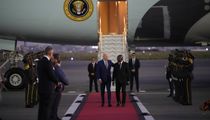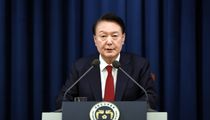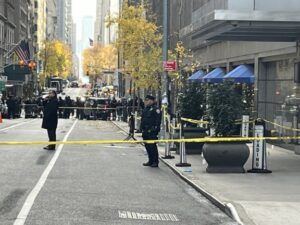What Happened In South Korea
In just six hours, South Korea’s president declared martial law, the National Assembly overturned it, and party leaders were calling for his immediate resignation.
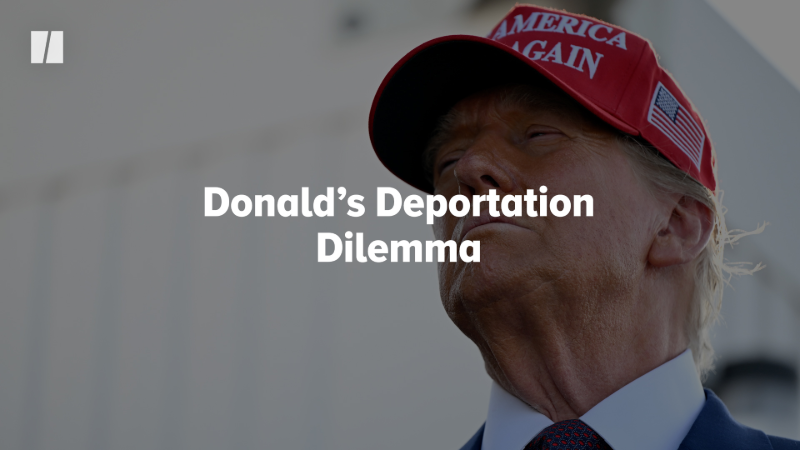
South Korea was engulfed in six hours of chaos on Tuesday night after the nation’s president, Yoon Suk Yeol, declared “emergency martial law” for the first time in more than 40 years. The decree prompted an immediate outcry, and Yoon was forced to lift the order after the country’s National Assembly unanimously voted to overturn it.
So what happened, and what’s next?
Who is South Korea’s president?
Yoon won South Korea’s presidency in a close election in 2022, but has become deeply unpopular amid efforts to target news organizations and clamp down on dissent. His party, the People Power Party, was handed a sweeping defeat in April, which gave the opposition party a large majority that has stymied his efforts to lead.
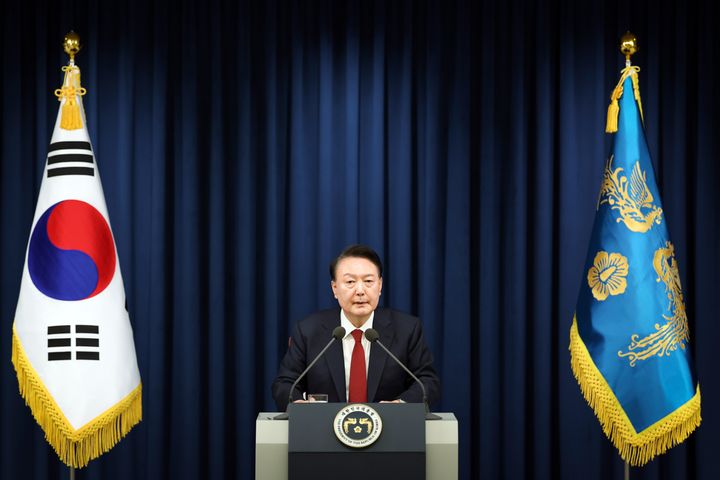
Why did Yoon declare martial law?
Yoon made the decree in a televised address at 11 p.m. on Tuesday night, saying he was doing so to target broad claims of “anti-state” activities while accusing members of South Korea’s main opposition party of working with North Korea. Army Gen. Park An-Su, who was appointed as martial law commander, said that designation barred any political activity or demonstration, and all news media would be placed under “the control of martial law command.”
Martial law was last imposed in South Korea in 1980 before the country became a democracy. At the time, special forces cracked down on pro-democracy activists in a violent spree that killed about 200 people.
Why was the martial law order so brief?
Many lawmakers in South Korea’s National Assembly quickly convened for an emergency session to respond to the decree, and less than three hours later all 190 in attendance voted unanimously to revoke the order.
Lee Jae-myung, the leader of the opposition party, urged citizens to convene at Parliament to voice their discontent.
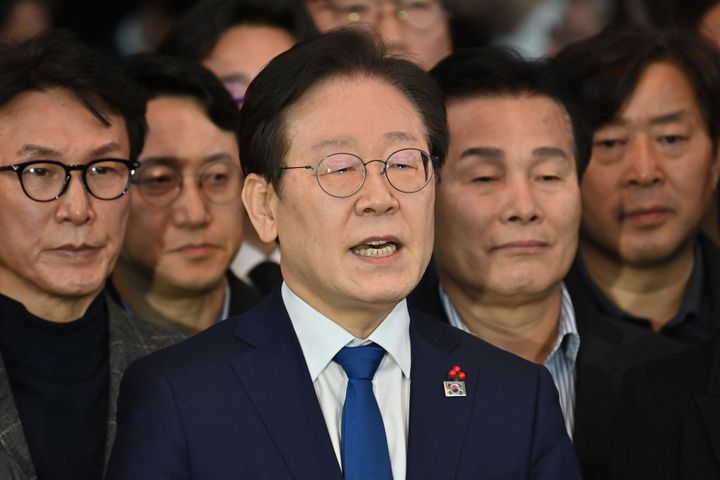
“There is no reason to declare martial law. We cannot let the military rule this country,” Lee said in a video while he was traveling to parliament earlier Wednesday, per The New York Times. “President Yoon Suk Yeol has betrayed the people. President Yoon’s illegal declaration of emergency martial law is null and void. From this moment on, Mr. Yoon is no longer the president of South Korea.”
South Korean law allows martial law to be lifted with a majority vote in parliament, and Yoon complied by 4:30 a.m. on Wednesday morning.
How big of a deal was it?
Sen. Chris Coons (D-Del.), a senior member of the Senate Foreign Relations Committee, offered some context to convey just how stunning Tuesday’s developments were.
“It’s literally as if the Capitol Police were around the perimeter of the Senate chamber holding off the regular Army as members [of Congress] climbed through windows to get to the floor until they got enough members on the floor to pass a resolution,” Coons told HuffPost on Tuesday. The Democratic senator was on his way to a meeting to get more details on what was happening.
He said one question he hoped to get answers to was whether there was evidence to back up Yoon’s claim that the minority party had been colluding with North Korea and undermining the security of the country.
“I’m not aware of there having been any evidence,” said Coons. “So that’s one of the things I’m asking for.”
!["It's literally as if the Capitol Police were around the perimeter of the Senate chamber holding off the regular Army as members [of Congress] climbed through windows," Sen. Chris Coons (D-Del.) described in remarks to HuffPost.](https://www.newswireexplorer.com/uploads/2024/12/what-happened-in-south-korea-2.jpg)
What’s next for Yoon?
South Korea’s main opposition parties on Wednesday filed a motion to impeach Yoon over his widely condemned martial law declaration.
The country’s main opposition party, the liberal Democratic Party, had previously pledged to move to impeach him if he didn’t step down from his role.
“President Yoon Suk Yeol’s martial law declaration was a clear violation of the constitution. It didn’t abide by any requirements to declare it,” the party said in a statement on Wednesday. “His martial law declaration was originally invalid and a grave violation of the constitution. It was a grave act of rebellion and provides perfect grounds for his impeachment.”
While the Democratic Party holds a majority in the 300-seat parliament, it would require a two-thirds vote — or 200 members — to impeach him. The party currently holds 192 seats in a coalition with smaller opposition parties. The Associated Press notes, however, that when lawmakers voted to overturn his martial law decree, 10 members of Yoon’s own party voted with them. The motion would also require the approval of the Constitutional Court.
We Need Your Support
Already contributed? Log in to hide these messages.
If Yoon is removed, Prime Minister Han Duck-soo would take over his duties.

